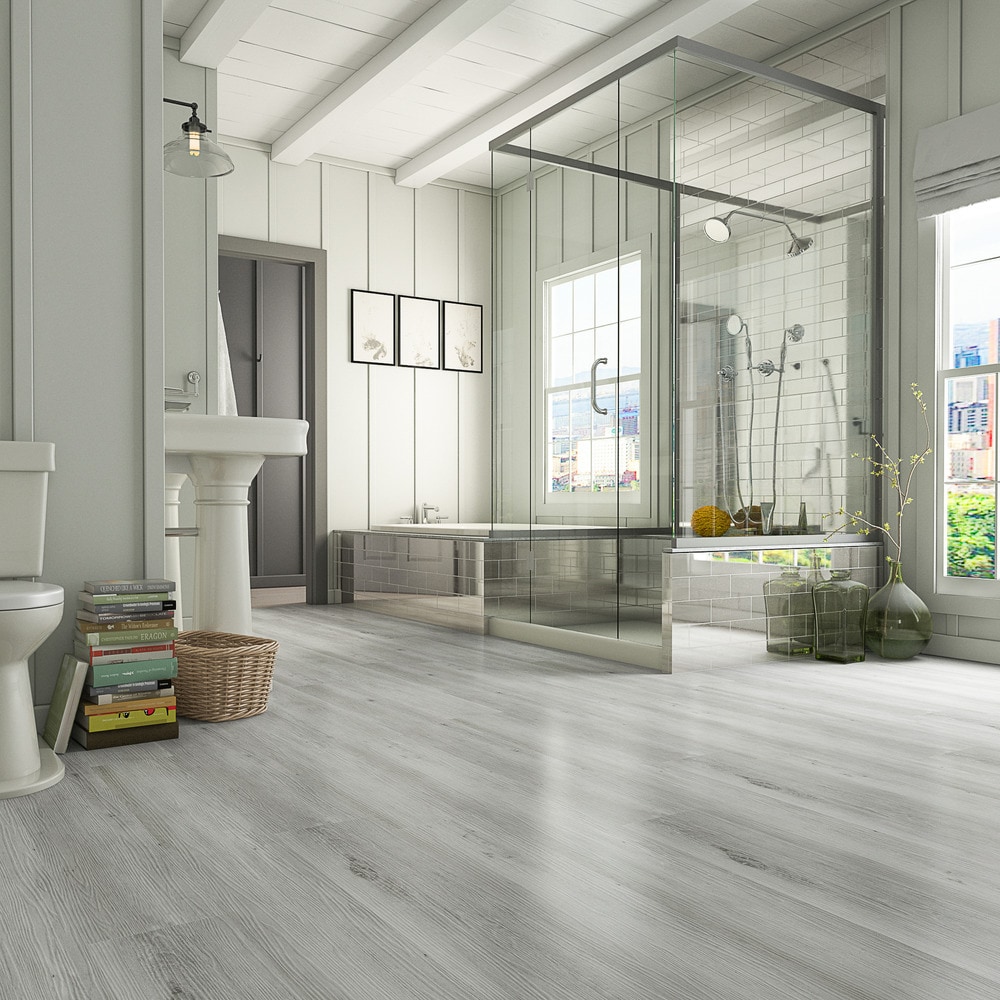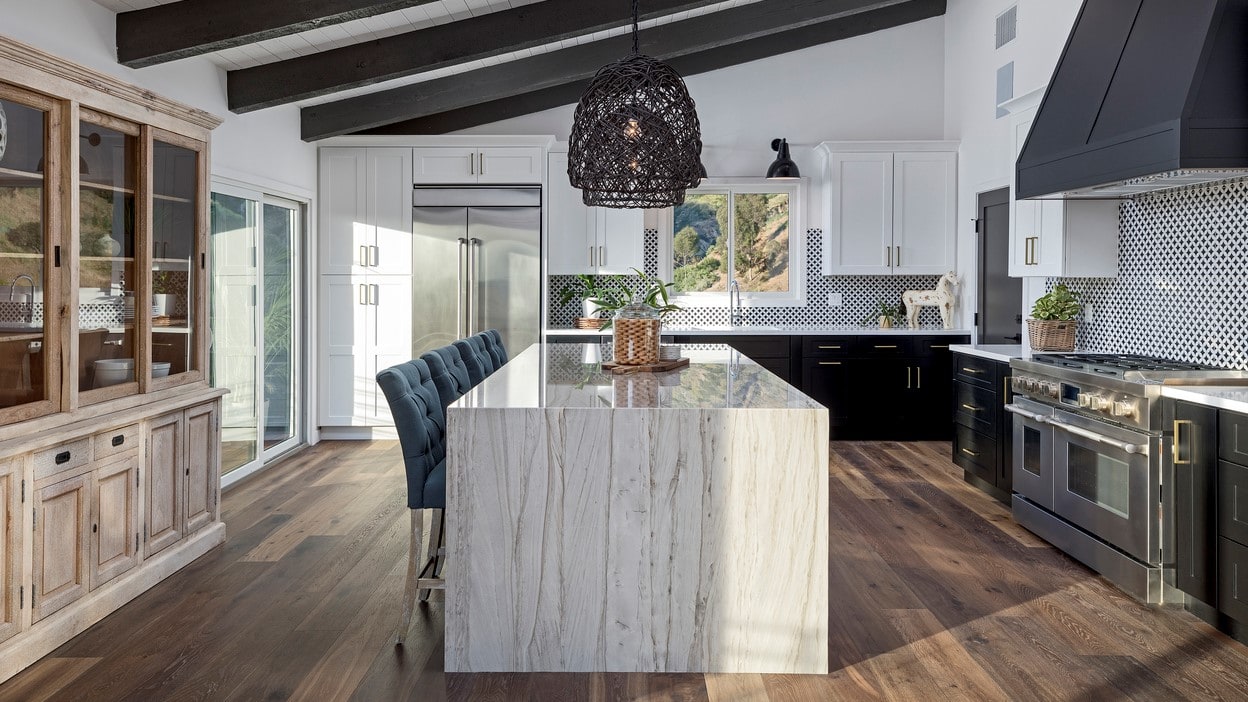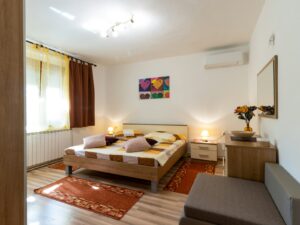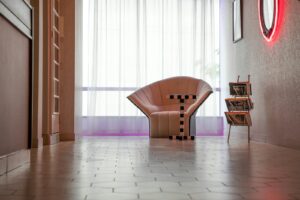When it comes to the flooring in kitchens and bathrooms, it’s not just about looking pretty—it’s about finding something that can stand the test of time and handle a bit of wear and tear. If you ask me, vinyl flooring takes the cake. It’s versatile, affordable, and practical, making it a crowd-pleaser for spaces that deal with constant foot traffic and the occasional splash or spill. Let me walk you through what makes vinyl flooring such a star player in these areas, along with some insider tips for choosing and installing it like a pro.

What’s Vinyl Flooring, Anyway?
Vinyl flooring is a bit of a chameleon—it adapts beautifully to different styles and spaces. Made primarily from polyvinyl chloride (PVC) and fortified with additives, it’s a synthetic material designed for high performance. The beauty of vinyl flooring lies in its water resistance and durability, which is why it’s become a go-to choice for kitchens and bathrooms.
It’s available in multiple forms, including luxury vinyl tile (LVT), vinyl planks, and sheet vinyl, each tailored to suit different aesthetic preferences and functional needs. No matter what you choose, vinyl delivers a winning combination of practicality and style.
The Types of Vinyl Flooring
Choosing the right vinyl flooring for your kitchen or bathroom isn’t just about picking a color—it’s about finding a solution that fits your lifestyle. Let’s break down the main options so you can decide what works best for you:
Luxury Vinyl Tile (LVT): The Elegant Impersonator
Luxury vinyl tile mimics the look and feel of natural materials like stone or ceramic, offering a high-end appearance without the hefty price tag or maintenance headaches. It comes in individual tiles, which means you can get creative with patterns and layouts.
LVT is an excellent choice for areas prone to moisture, as it resists water beautifully and maintains its integrity even under heavy use. Plus, the variety of styles ensures you’ll find something to suit your taste, from rustic stone finishes to sleek modern designs.
Vinyl Plank Flooring: Hardwood’s Resilient Cousin
If you love the classic charm of hardwood flooring but need something more forgiving, vinyl planks are your best bet. They come in long, narrow pieces, replicating the look of wooden floorboards while providing all the benefits of vinyl.
Vinyl planks are perfect for high-traffic zones like kitchens or bathrooms because they’re water-resistant, durable, and easy to clean. With a variety of finishes, from weathered oak to rich mahogany, they add warmth and elegance without the risk of warping or staining.
Sheet Vinyl Flooring: Seamless and Sturdy
Sheet vinyl is the ultimate in simplicity and practicality. Sold in large rolls, it can cover an entire room with minimal seams, reducing the risk of water seeping underneath. This makes it a great choice for bathrooms, where spills and splashes are par for the course.
Don’t be fooled into thinking sheet vinyl is basic—it’s available in a plethora of patterns and textures, allowing you to create a cohesive, stylish look. From playful geometric prints to realistic stone designs, there’s something for everyone.
Waterproof Vinyl Flooring: The Heavyweight Champion

For areas that see constant spills, steam, or splashes, waterproof vinyl flooring is the gold standard. Constructed with a core material like WPC (wood plastic composite) or SPC (stone plastic composite), this flooring is 100% waterproof and incredibly durable.
Waterproof vinyl flooring is a no-brainer for bathrooms and kitchens, offering peace of mind alongside a stylish aesthetic. It’s particularly useful for families with kids or pets, where accidents are a daily occurrence.
Why Vinyl Flooring is a Game-Changer
Vinyl flooring has carved out a name for itself in the world of home design, and for good reason. Here’s why it’s a top contender for kitchens and bathrooms:
1. Waterproof Properties: A Spill’s Worst Enemy
Vinyl flooring is built to handle moisture without batting an eye. Whether it’s the occasional water spill in the kitchen or a steamy bathroom, this flooring won’t warp, crack, or degrade. It stays intact, ensuring your floors look as good as new, no matter what life throws at them.
2. Exceptional Durability: Tough as Nails
Kitchens and bathrooms are high-traffic areas, but vinyl flooring is up to the challenge. It resists scratches, dents, and daily wear and tear, making it a smart choice for busy households. Whether it’s kids, pets, or heavy appliances, vinyl can take a beating without showing signs of wear.
3. Low Maintenance Requirements: A Breeze to Clean
One of vinyl’s biggest selling points is how easy it is to maintain. Unlike other flooring materials that demand special cleaners or treatments, vinyl requires just a quick sweep or mop to stay fresh. No elbow grease needed!
4. Versatile Design Options: A Style for Every Space
Vinyl flooring isn’t just functional—it’s stylish, too. With designs that mimic wood, stone, or even abstract patterns, there’s a vinyl option to match any décor. Thanks to advancements in printing technology, the designs are so realistic that your guests may never guess it’s vinyl!
5. Comfort and Warmth: A Cozy Touch
Unlike hard, cold tiles, vinyl flooring has a bit of give underfoot, making it comfortable to walk on. It also retains warmth better than tile, meaning no more freezing feet in the morning. Plus, it absorbs sound, making your kitchen or bathroom a quieter place to be.
What to Know Before You Dive In
Before jumping on the vinyl flooring bandwagon, take a moment to consider these key factors for a flawless installation:
1. Prepare the Subfloor:
A smooth foundation is critical for a perfect finish. Any bumps or dips in the subfloor will show through, so make sure it’s level and clean before you begin.
2. Measure Twice, Cut Once:
Accurate measurements are your best friend when it comes to minimizing waste and ensuring a professional result. Plan your layout carefully to avoid mistakes.
3. Choose the Right Type of Vinyl:
Think about your needs and preferences. Do you want something waterproof? Easy to install? Durable against heavy traffic? Match the type of vinyl to your specific requirements.
4. Budget Wisely:
Vinyl flooring is affordable, but prices can vary based on the type and design. Balance your budget with quality to ensure you’re getting the best value for your money.
Vinyl flooring is like the jack-of-all-trades for kitchens and bathrooms—it’s durable, stylish, and practical. Whether you’re drawn to the elegance of LVT, the warmth of vinyl planks, the seamless look of sheet vinyl, or the reliability of waterproof options, there’s something to suit every home and every lifestyle. Trust me, once you’ve installed it, you’ll wonder how you ever lived without it!
Read More
Vinyl Plank Flooring vs Vinyl Sheet Flooring
Pros And Cons Of Sheet Vinyl Flooring




